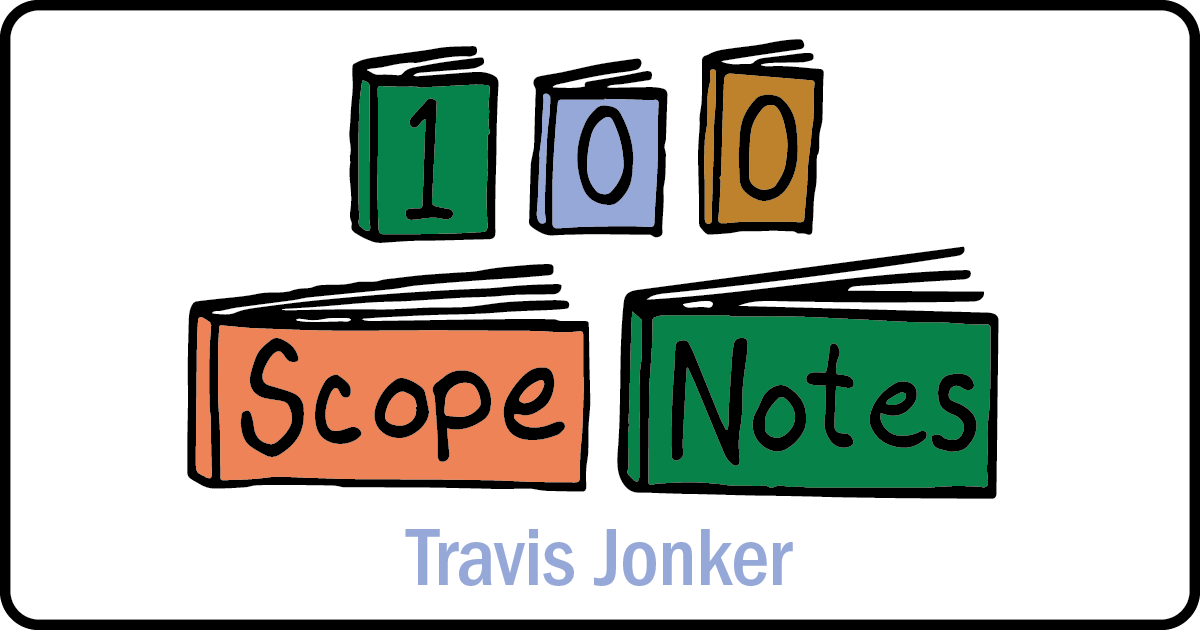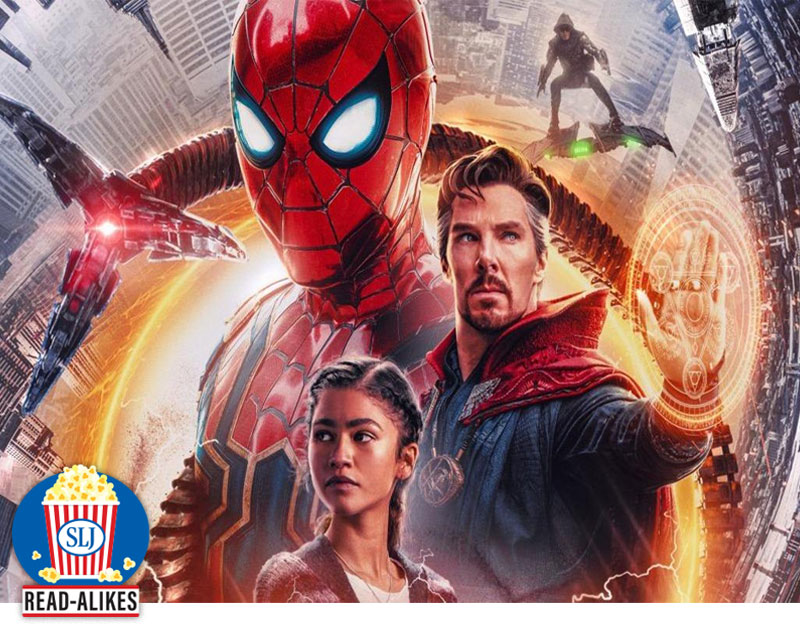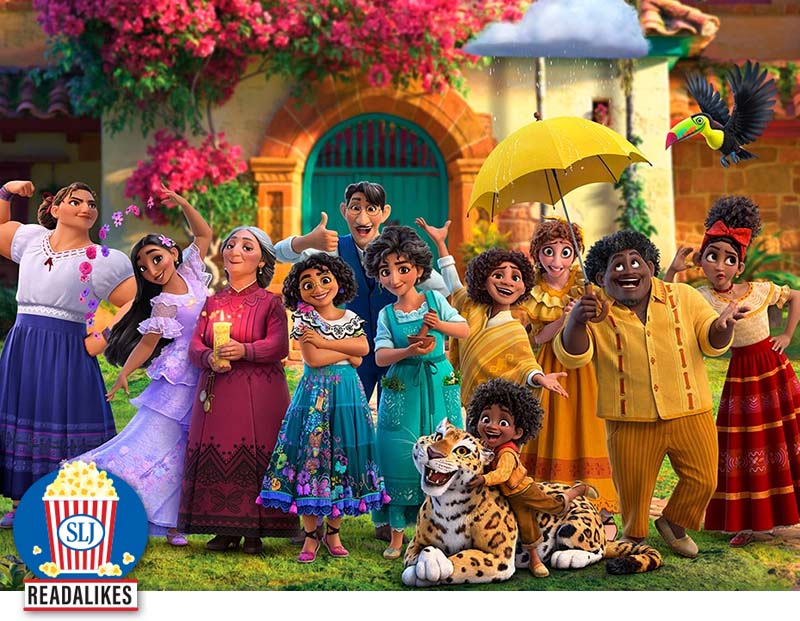What Do You Do When an eBook Won’t Die?

HarperCollins recently made news for proposing a 26 checkout limit on their ebooks from public libraries.
ADVERTISEMENT
ADVERTISEMENT
Click here to read the article in Library Journal.
GalleyCat also covered the story.
This is crazy, right?
The blog Librarian in Black thinks so.
Check out #hcod on Twitter for more reactions.
One one hand, basic ownership rights seem to apply. When a library buys a book, they own it, right? It isn’t the fault of libraries that ebooks never die. I like the idea that if we purchase a Beezus and Ramona ebook for my library, we own it forever. Well, ebooks are a bit different, as you don’t actually “own” an ebook – just the license for one.
But I can see where HarperCollins is coming from in terms of wanting to maintain the status quo.
I recently re-purchased almost every Ramona title for two of my school libraries. They were getting on in years, grungy, and were in need of a cover refresh. This sort of thing goes on at every library around the country. It isn’t a scam – the books break down over time or start to look dated and new copies are needed.
Now imagine if every Ramona book, at every library, never needed to be purchased again. No matter your opinion on ebooks, that’s a huge change.
But this 26 checkout business reminds me a little of Kurt Vonnegut’s short story Harrison Bergeron – it feels like an artificial handicap that can’t last.
Where do you stand?
(Top Image: ‘eBook Readers Galore‘ http://www.flickr.com/photos/43017881@N00/5052936803)
Filed under: Articles
About Travis Jonker
Travis Jonker is an elementary school librarian in Michigan. He writes reviews (and the occasional article or two) for School Library Journal and is a member of the 2014 Caldecott committee. You can email Travis at scopenotes@gmail.com, or follow him on Twitter: @100scopenotes.
ADVERTISEMENT
ADVERTISEMENT
SLJ Blog Network
Passover Postings! Chris Baron, Joshua S. Levy, and Naomi Milliner Discuss On All Other Nights
Winnie-The-Pooh | Review
Parsing Religion in Public Schools
ADVERTISEMENT








I agree that a cap of 26 checkouts is arbitrary and a ridiculously low number for most titles. I think the way through this current crisis is by finding a digital lending model that is fair for both libraries, readers, and the creators. I’ve blogged about a few ideas: http://bit.ly/g7AUpr, as did Liz Read:http://bit.ly/fb40n7. And here’s a brilliant proposal on digital lending rights:http://slidesha.re/9TD9pX.
Thanks for the additional information Kiera – I think part of the issue is that folks have a hard time coming up with alternatives, and you share some interesting options. Thanks!
I’ve seen nothing but outrage concerning this Harper Collins proposal. (It’s not just from librarians, either — Cory Doctrow talks with open hatred for DRM, which he calls “dangerous, anti-patron technology.”) However extreme HC’s 26 cap may be, I think the publisher is trying to address some very real concerns. I appreciate that your blog is trying to facilitate debate, rather than just venting anger. Same goes for Kiera Parrott, whose links offer some great alternative solutions to this problem.
It’s a pretty crazy time. I think that the system of “I buy the book, I own the book, I lend the book” is so simple and ingrained, it’s difficult to think of any other way. I agree with you Jonathan, Keira brings up some alternatives to consider.
Is a limit of 26 checkouts fair? My community library gives a 2 week loan for ebooks. That would mean the license could expire in as little as a year. Compared to your Ramona books which lasted years, I would say the the price is too high. It is especially high when you consider that other books have distribution costs which don’t apply to ebooks – paper, printing, and fuel.
I have a slight twist on this question for you. I love audiobooks and would love to buy more of them, but so many of them have a very large sticker price. For example, after many years in circulation, Harry Potter still costs $35-$40. Why are they so expensive?
I agree that the 26 checkout cap seems very low. Although I don’t see the outrage being much different if they had doubled or even tripled that number. No matter the cap, it’s hard to switch from the way things are/were to an agreement where you buy a book and it gets taken away after a little while.
I could actually see the argument for ebooks costing more than print books (not by a lot, but some) – if the purchaser would forever own the book.
Don’t forget another part of this announcement from Overdrive: it will “review and audit” libraries’ policies regarding how they give out library cards. This is creepier than a checkout limit. While such policies are typically public records, and should be, to have a vendor audit those policies as a condition for providing its services is excessive.
It is one thing to restrict access to a digital copy of a book after 26 checkouts; it is something else altogether for the provider of one collection to try to influence how a library grants access to the institution itself.